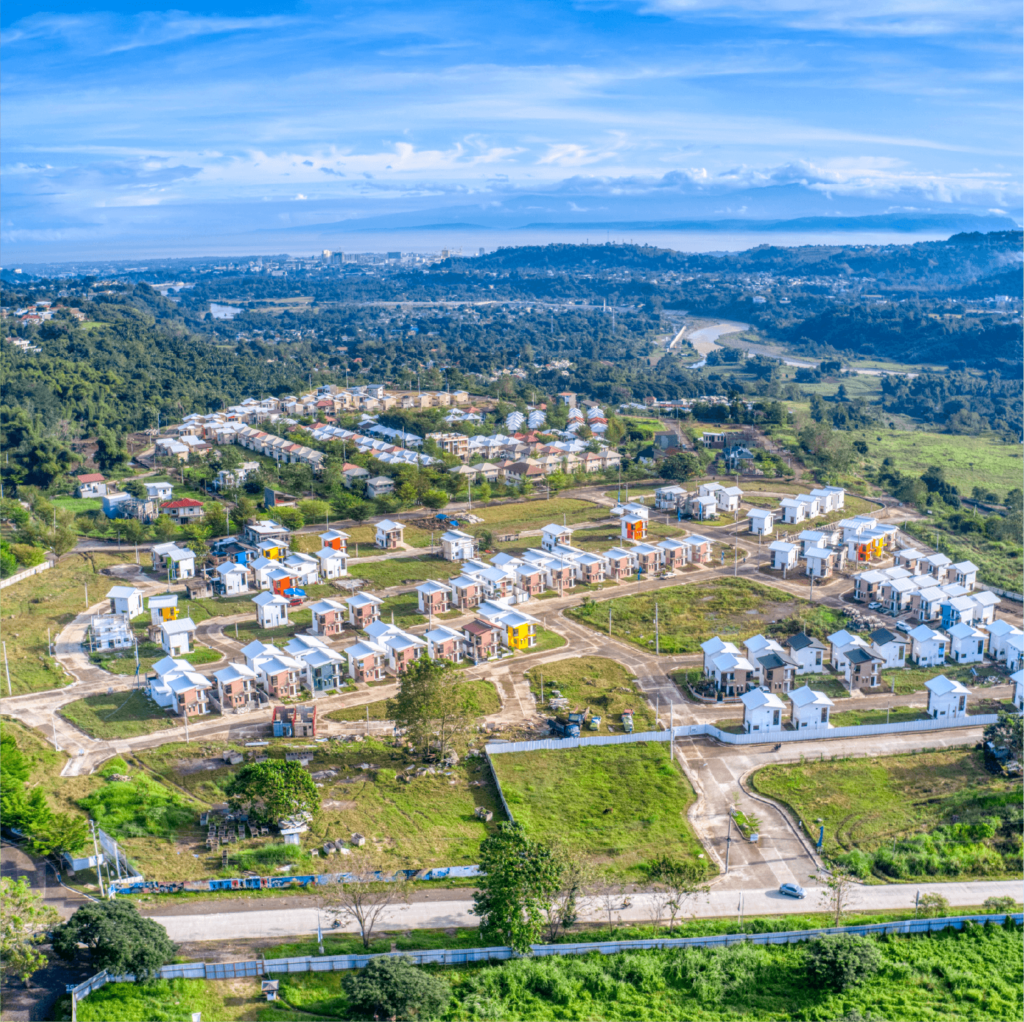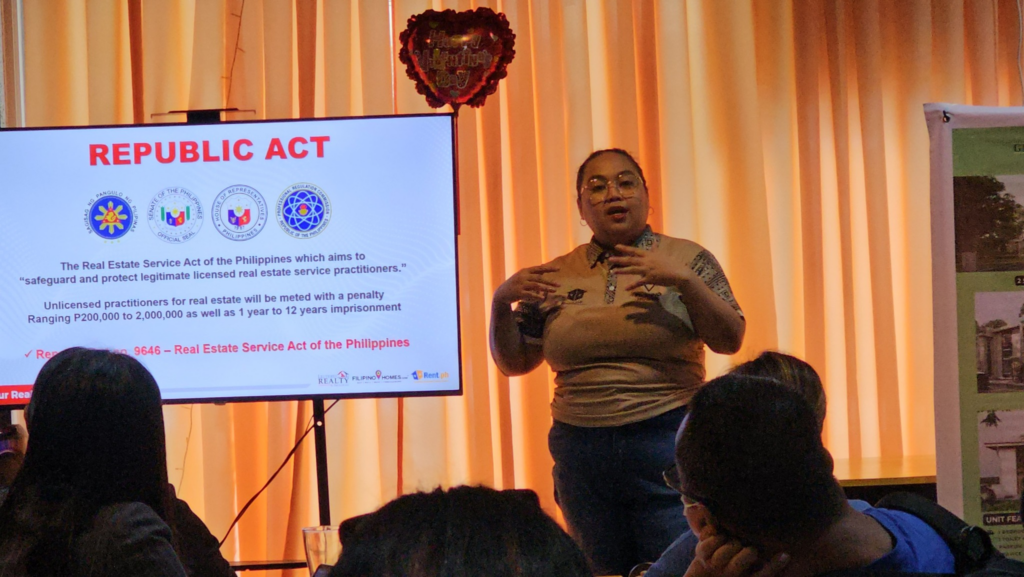
In the dynamic world of real estate, success doesn’t happen in isolation. It is the result of well-coordinated efforts among developers, real estate practitioners, and the clients they both aim to serve. Yet, one critical relationship often overlooked—but absolutely vital—is that between developers and real estate sellers or practitioners.
If you’re a developer reading this, here’s a truth you cannot ignore: without the sellers, your inventories won’t move. No matter how well-planned, well-designed, or well-located your project is, it won’t gain traction in the market unless your frontliners—your sellers—believe in it, promote it, and close deals for it.
Why Developers Should Prioritize Their Relationship with Sellers
Real estate sellers—brokers, salespersons, and in-house teams—serve as the bridge between you and your buyers. They are your brand ambassadors on the ground. When they’re well-informed, supported, and motivated, they can bring life to your project and ensure your units are sold faster and with better client satisfaction.
Here’s what developers must do to strengthen this relationship:

1. Value the Role of Sellers
Recognize that your real estate sellers are not just partners; they are vital drivers of your business. Taking care of your sellers also means taking care of their clients. Sellers should never be left to chase updates or scramble for basic project information. Equip them, empower them, and most importantly, treat them as key collaborators.
2. Provide Round-the-Clock Product Knowledge Seminars
Knowledge is power in sales. Developers must conduct regular and consistent Product Knowledge Seminars (PKS) to keep all accredited sellers informed with the latest project updates, promos, pricing changes, construction progress, turnover schedules, and other important details. A well-informed seller is a confident and effective one.
3. Train Developer Staff to be Approachable and Professional
Your clients’ first impressions often come from your staff on-site. It’s crucial that your personnel are not only friendly and welcoming but are also well-versed in the project and trained to deal with both clients and sellers professionally.
At a minimum, your staff must have attended the PRC-mandated Real Estate Brokerage Seminar, ensuring that they are familiar with industry ethics and standard protocols when interacting with licensed real estate practitioners.
4. Implement Regular Customer Service Training
Customer care doesn’t end with a warm greeting. Developers must invest in continuous customer service training for their teams. From handling walk-ins and site trippers to resolving buyer concerns and complaints, a well-trained staff can make or break your buyer’s experience—and influence whether your sellers continue to bring clients to your site.
5. Listen to Your Sellers
Sellers are not just marketers—they’re your feedback loop. They hear the buyers’ concerns, objections, and suggestions firsthand. Make space to listen. Organize seller roundtables, feedback sessions, and regular check-ins. Often, the insights you need to improve your project or your processes are already in your sellers’ hands.
Final Thoughts: Fix the Gaps, Train the Team, Strengthen the Ties
It’s time to take a hard look at how your teams operate. Are your staff members trained to handle clients with care? Are your sellers equipped with updated materials and supported with consistent communication? If not, consider this your call to action.

If you need help finding schedules for PRC Brokerage Seminars or customer service training programs, feel free to tap me—I’ll gladly assist in connecting you to trainers or schools that specialize in real estate and customer care.
Because at the end of the day, real estate is not just about building homes or selling lots—it’s about building relationships that last.
Leave a Reply